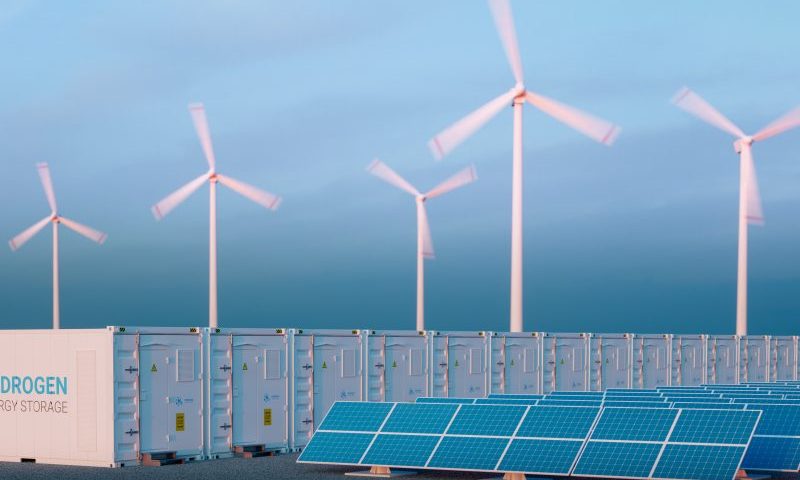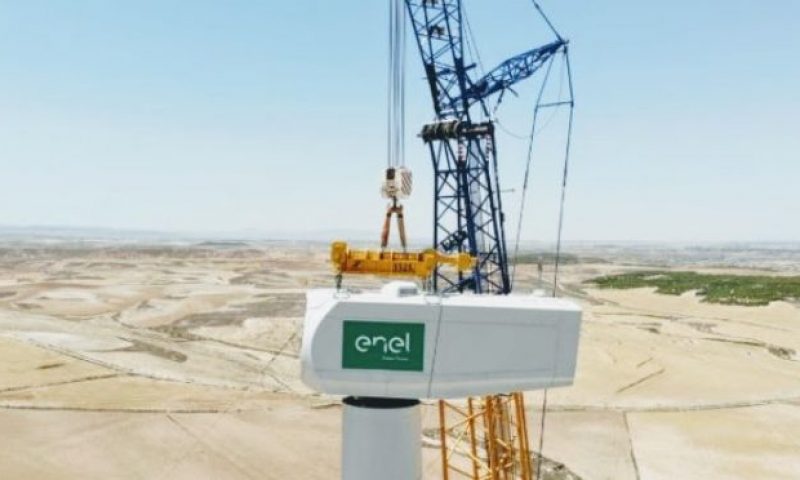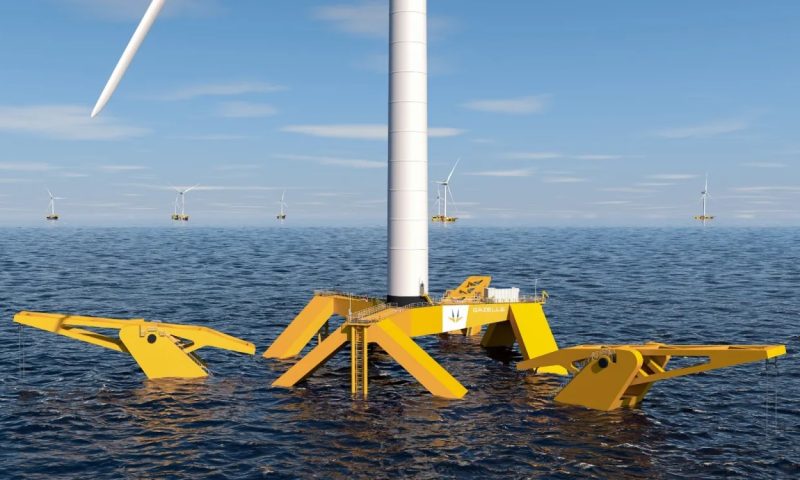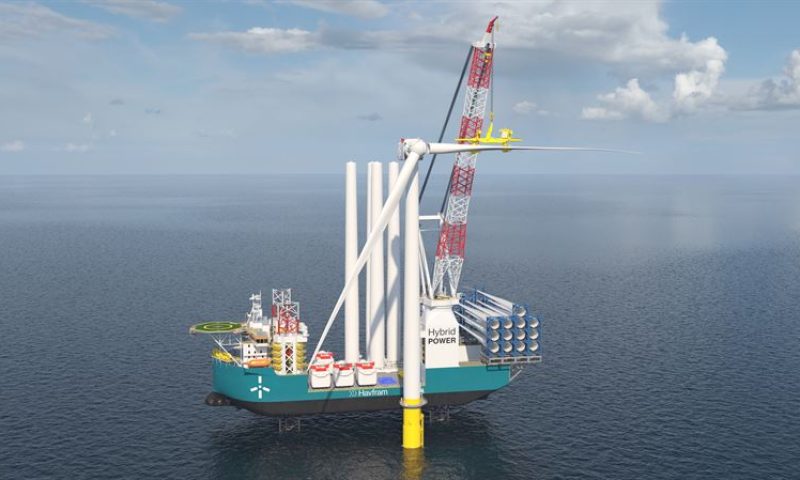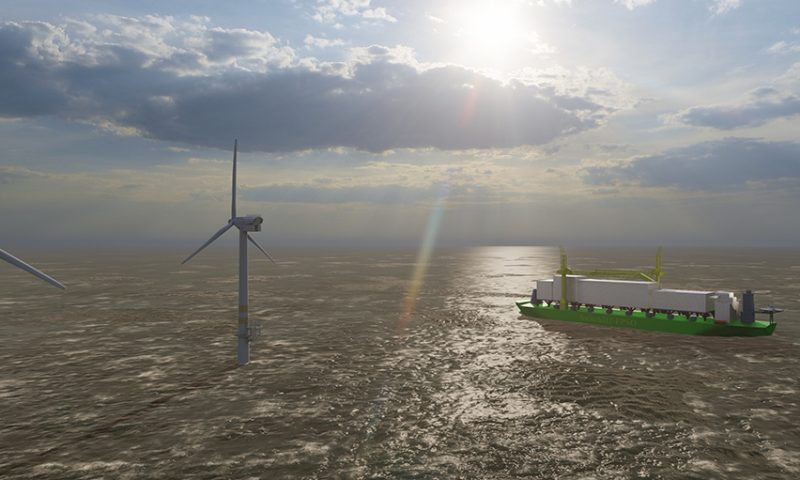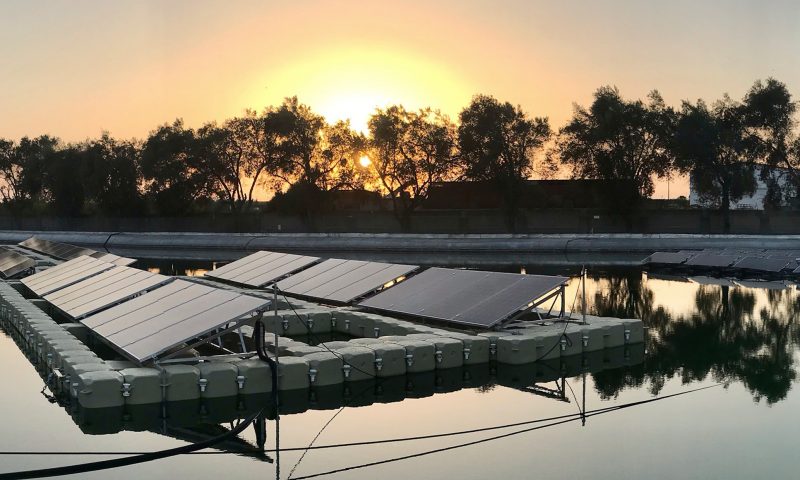
Enel Installs Floating Photovoltaic Modules in Italy
Enel Green Power’s innovation Lab has installed experimental floating photovoltaic modules. The potential benefits are numerous: greater efficiency, minimal land use, savings on water and a reduced impact on the ecosystem
A floating plant in Catania
Picture a vast expanse of photovoltaic panels locatednot on land, as we’re accustomed to seeing, but floating on water. The experiment is currently under way in Catania, Italy, at our Innovation Lab, where Enel has installed a 30KW solar plant on a floating platform. The structure is equipped with the same panels used for conventional plants, but with special technology to float the system on expanses of water such as lakes, reservoirs or even in the open sea.
To be precise, the project consists of three photovoltaic systems, equipped with monofacial and bifacial modules, integrated into the same platform to test the different operating conditions and to check the functioning of the key features of the plant.
The advantages of a floating photovoltaic array
The data collected will be compared with that for plants located on dry land with conventional installations in order to assess the performance of the floating photovoltaic array. A floating PV park in fact offers potential benefits over its land-based counterpart, both from the performance point of view and from its impact on biodiversity because it can shelter bird life, while not taking up land space, and avoiding encroachment on farmland, pasture, woods or forests.
A floating installation also means significant savings on water. In the areas occupied by the plants (coverage is anyway only partial), the evaporation of the water below is reduced by as much as 80%. It is therefore possible to save large quantities of water for agriculture and for human use, while preserving the aquatic ecosystem beneath. Finally, the panels are more efficient: the floating installations mean that the modules can be kept at a lower temperature, ensuring that the cells do not overheat, an effect that reduces the performance of the panels. The electric energy produced by a floating system, compared with one on dry land, can increase considerably, rising by 7 -12%. It is, therefore, a cutting-edge system with features that have the potential to overcome many of the limitations of traditional land-based plants.
Research for innovation in solar energy
The initiative is part of a series of innovative projects that have already been launched to support Enel’s journey towards the sustainable growth of photovoltaic power. Among the various initiatives, Enel is taking part in the InSPIRE project in collaboration with the NREL (National Renewable Energy Laboratory) with the goal of studying the impact of floating solar plants on the aquatic environment and on biodiversity. The program lasts three years and includes the detailed monitoring of four plants in the United States. The data collected will be used to improve the design and optimize the construction phases of new floating photovoltaic plants around the world.




